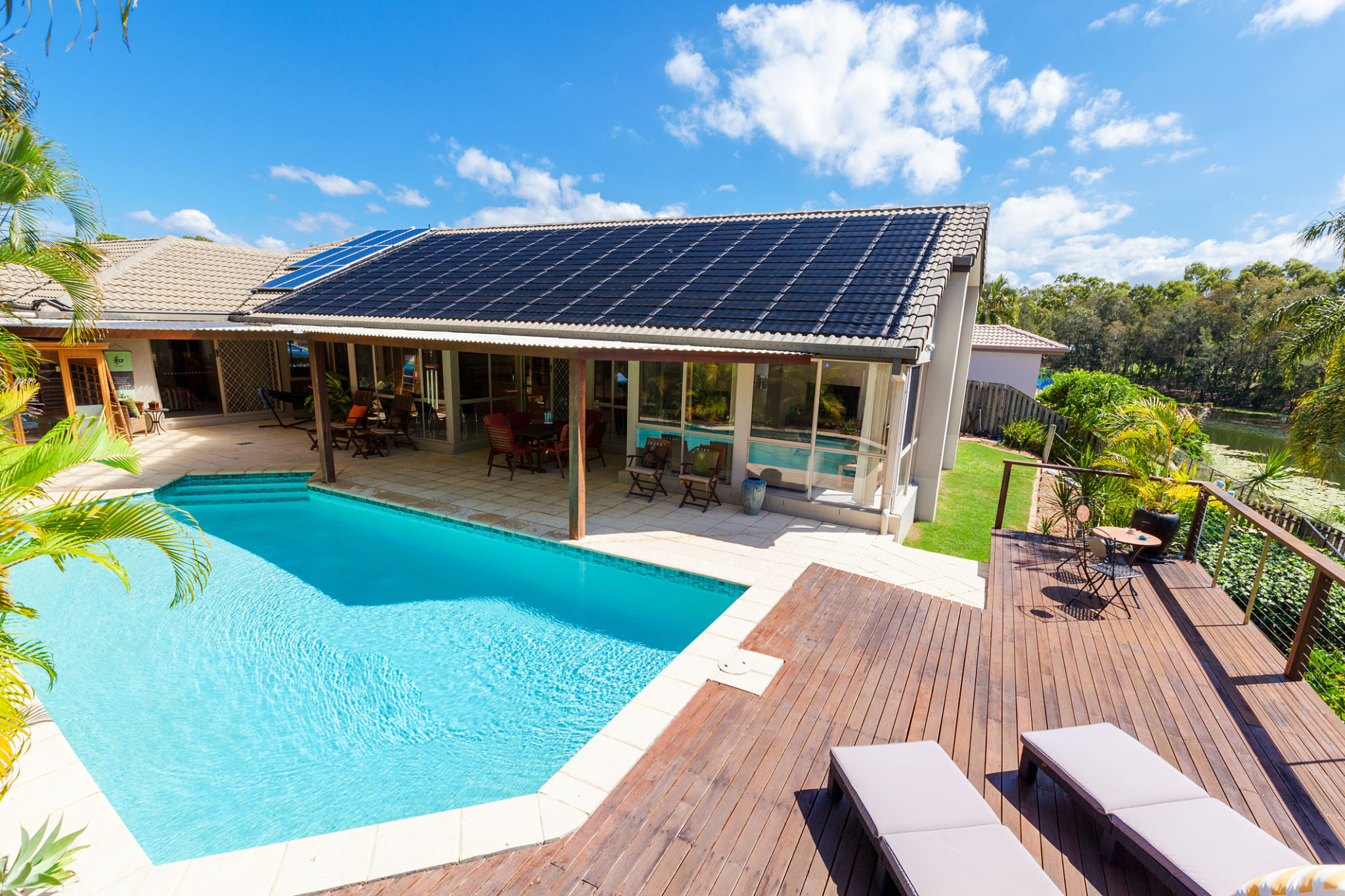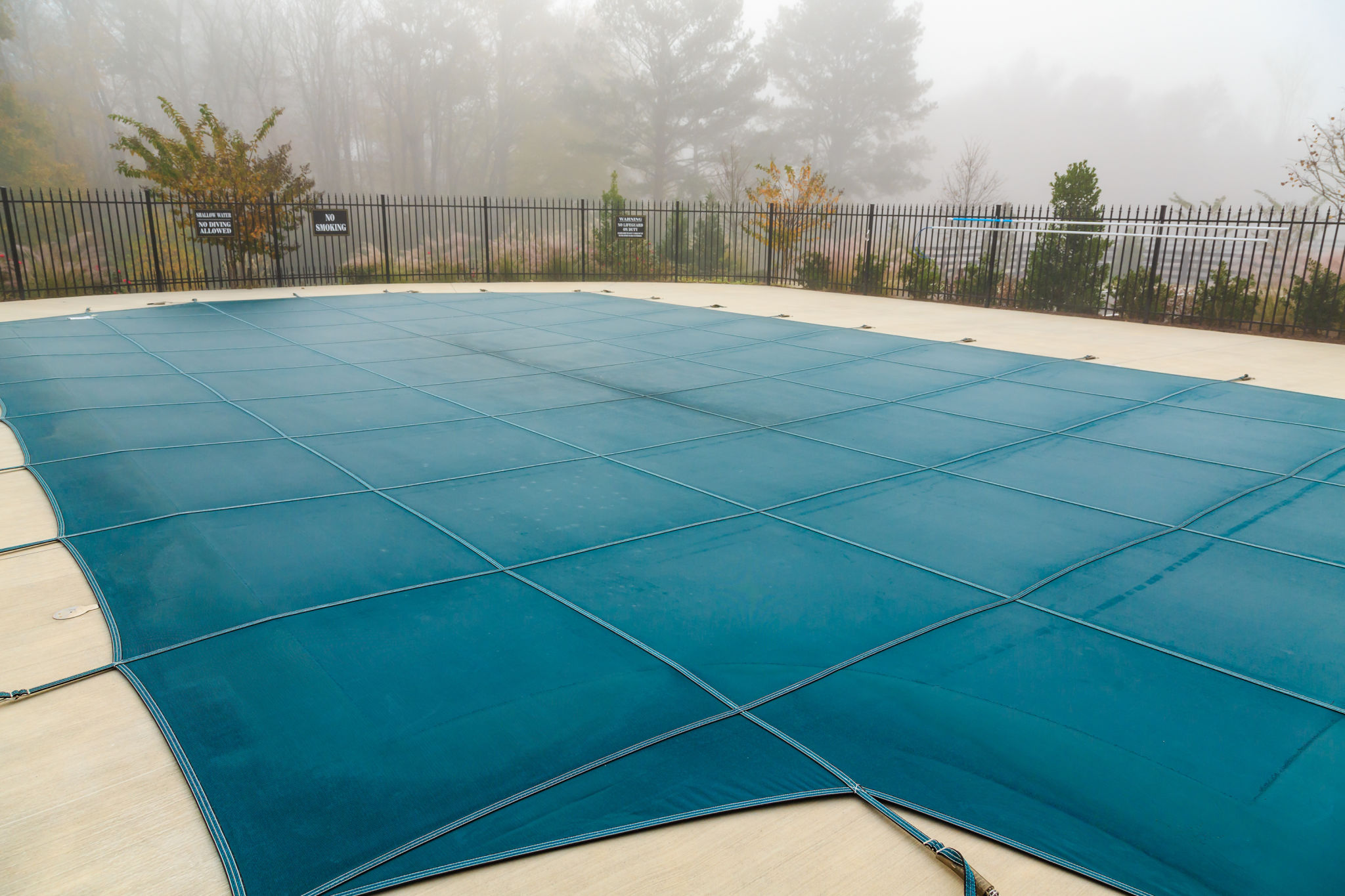Eco-Friendly Swimming Solutions: Latest Trends You Need to Know
Introduction to Eco-Friendly Swimming Solutions
As the world becomes increasingly aware of environmental issues, the demand for eco-friendly solutions across all industries is on the rise. The swimming industry is no exception. Homeowners and commercial pool operators alike are seeking innovative ways to reduce their environmental footprint while maintaining pristine water quality. In this post, we explore the latest trends in eco-friendly swimming solutions that you need to know.
Natural Pool Filtration Systems
One of the most significant trends in eco-friendly swimming is the adoption of natural pool filtration systems. These systems use plants and biological processes to filter and clean pool water, eliminating the need for harsh chemicals. Not only do they provide a more sustainable option, but they also create a beautiful, natural-looking environment that enhances the aesthetic appeal of your pool.

Natural filtration systems typically involve a regeneration zone filled with aquatic plants that act as a biological filter. Water is circulated through this zone, where beneficial bacteria and plant roots break down contaminants. This method not only reduces chemical use but also promotes biodiversity around your pool.
Solar Pool Heating
Solar pool heating is another trend gaining traction among eco-conscious pool owners. Traditional pool heaters can be energy-intensive and costly, whereas solar systems harness the power of the sun to warm your water efficiently. By using solar panels, you can significantly reduce your pool's carbon emissions and energy costs.
The installation of solar panels might require an initial investment, but the long-term benefits in terms of reduced energy bills and environmental impact make it a worthwhile consideration for any sustainable swimming solution.

Energy-Efficient Pool Pumps
Pool pumps are essential for circulation and filtration, but they can also be one of the largest energy consumers in a pool system. Upgrading to an energy-efficient pool pump can drastically decrease energy usage. Variable-speed pumps are particularly popular because they allow you to adjust the pump speed according to your pool's needs, saving energy and extending the lifespan of the pump itself.
These pumps operate at lower speeds for regular filtration and can be adjusted to higher speeds for cleaning or operating water features, providing flexibility and efficiency in one package.
Sustainable Pool Covers
Using a pool cover is a simple yet highly effective way to make your swimming experience more eco-friendly. Pool covers reduce water evaporation, which means less water is needed to maintain the pool's level. They also help retain heat, reducing the need for additional heating, and keep debris out, which can lessen the load on your filtration system.

There are various types of pool covers available, including solar covers, thermal covers, and automated covers, each with unique benefits that cater to different needs and preferences.
Water Conservation Techniques
Water conservation is a critical aspect of eco-friendly swimming solutions. Implementing techniques such as rainwater harvesting or using greywater systems can significantly reduce water usage. Additionally, regular maintenance to fix leaks and optimize water circulation can help conserve this precious resource.
By adopting these practices, you not only contribute to environmental conservation efforts but also potentially reduce your water bills.
Conclusion
The shift towards eco-friendly swimming solutions is both an exciting and necessary evolution within the industry. By embracing trends such as natural filtration systems, solar heating, energy-efficient pumps, sustainable covers, and water conservation practices, you can enjoy a cleaner, greener swimming experience. As awareness continues to grow, these innovations will likely become standard practice, paving the way for more sustainable recreational activities worldwide.
